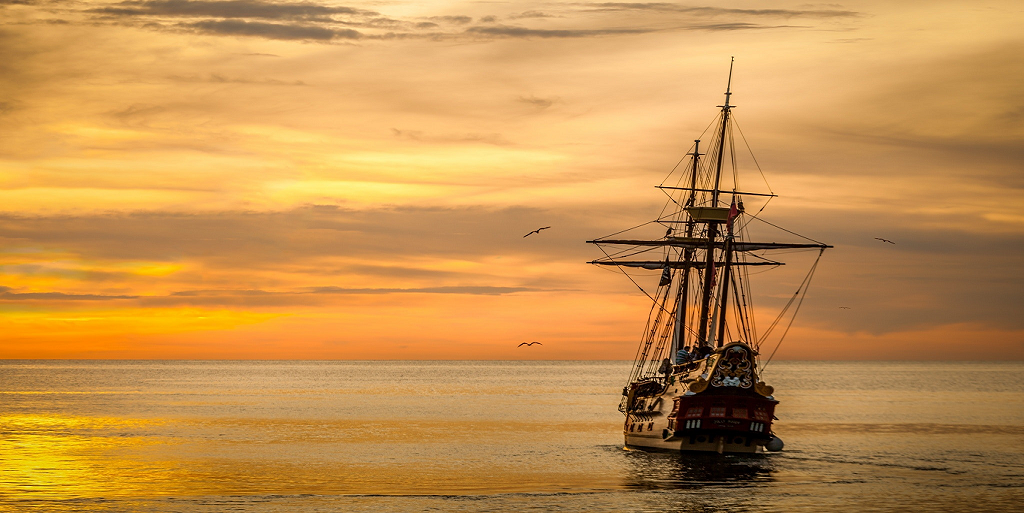Voloukris
The legendary bird peoples. Typically found in cliff-side or treetop colonies, their entire lifestyle is designed around their wings.
Basic Information
Anatomy
Having bodies mostly like a human's, they do possess several key traits that distinguish them from the similar harpies and other sapient races:
The sclera of their eyes is black, rather than white, and their iris tends to be coloured more brightly than a human's.
All voloukris have wings, usually with colouring similar to that of various local bird species. Instead of being attached to the arms, as found in harpies, their wings protrude from their backs as an extra pair of limbs.
Their nails are thicker and harder than a human's, but are not talons.
Voloukris' ears tend to be slightly pointed at the tops, similar to some species of elves
Genetics and Reproduction
Voloukris children are hatched from eggs.
After mating, the mother spends 3 to 6 months developing the eggs before laying them. The eggs then go through an incubation process that makes a total of 9 months development for the child.
A typical clutch for a voloukris will vary by species, but tends to vary between 1 and 3 eggs.
Ecology and Habitats
Voloukris prefer to make their homes in high places. The most common locations include cliffs and jungles, though there are one or two colonies that live in certain old growth forests.
Those living in forests will build small huts in the trees, usually connected by rope bridges or rope swings. Cliff-dwelling voloukris will build their houses into the cliff face, or sometimes even extending from the cliffs to a degree. Moving from building to building will typically be done by flying, though some houses can be climbed up to, depending on the shaping of the rock.
Additional Information
Perception and Sensory Capabilities
Voloukris possess both excellent hearing and exceptional sight. They can see almost twice as far as a human can, making them highly valued as guards and lookouts.
Civilization and Culture
Relationship Ideals
Voloukris are notable in that households generally have 3 adults. Dynamics vary between being three friends who live together, one couple and a friend or relative, or polygamous relations between the three.
It is important in their societies that all individuals in a household can live in harmony. The three adults are meant to share the responsibilities of maintaining the household, caring for any children or livestock, and providing for the household. Division of these duties varies between households, and it is not uncommon to have one of the three be dependent on the other two for any length of time, whether due to injury, illness, old age, or any other reason.
If a relationship within a household is strained in any way, the dissenting parties will usually cease living together, with one of the dissidents typically moving out to live in a different household, either permanently or temporarily. Harmony within the household is highly valued in voloukris society and often is made to take precedent over convenience.
Common Taboos
It is considered bad luck to show off one's eggs to anyone outside their household, and it is of greatest offense to ask to view one's clutch before its hatching. It is believed that showing such pride before the incubation period is complete invites misfortune upon the unhatched young, typically as either physical malformations or in one or more of the eggs becoming non-viable and failing to hatch.
Scientific Name
Mundanus Chordata Aves Sapien
Lifespan
90 years
Average Physique
Voloukris have very slender builds and partially hollow bones. Being as light and aerodynamic as possible is important for being able to fly, and most members of the species are fairly fit due to how their communities are set up.




Comments